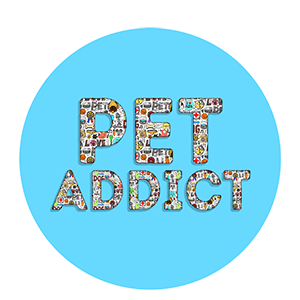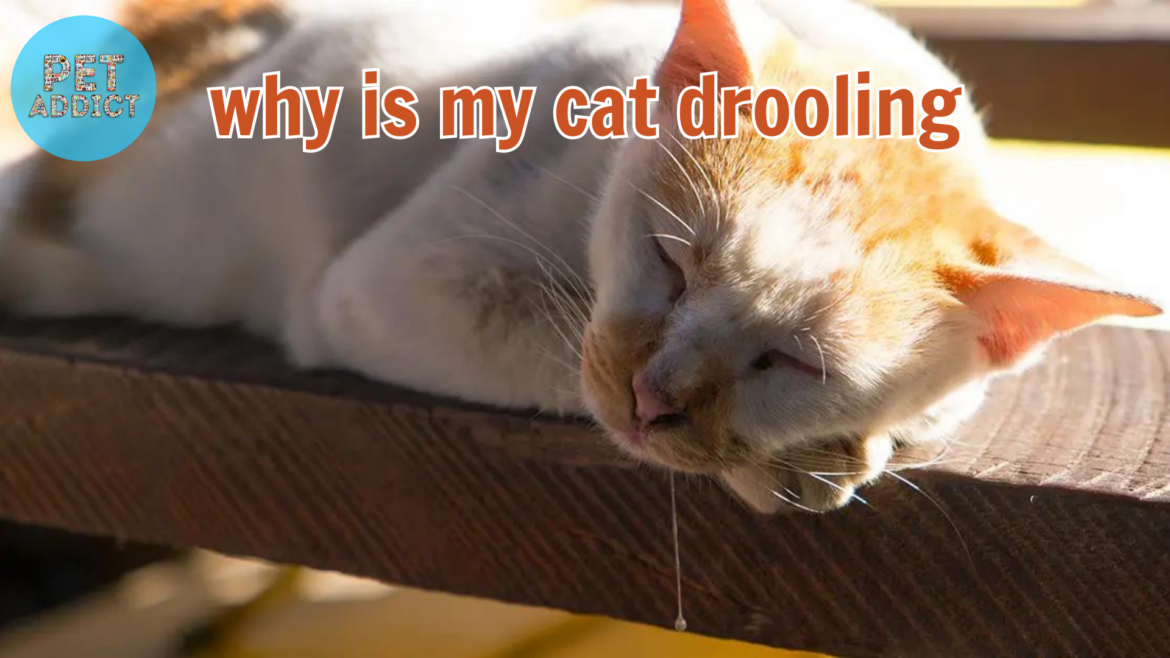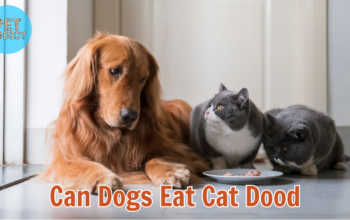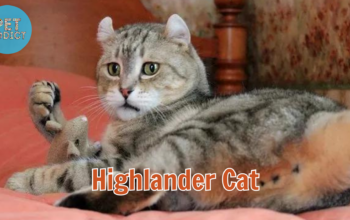Cats are fascinating and complex creatures, each with their own quirks and behaviors. If you’ve noticed your furry friend drooling more than usual, it’s natural to be concerned. Excessive drooling, or hypersalivation, can be indicative of various underlying issues. In this article, we’ll explore the common causes of why your cat might be drooling excessively and when it’s time to seek veterinary attention.
PetAddict.net – The best place where you can find everything about your pet!
Dental Issues
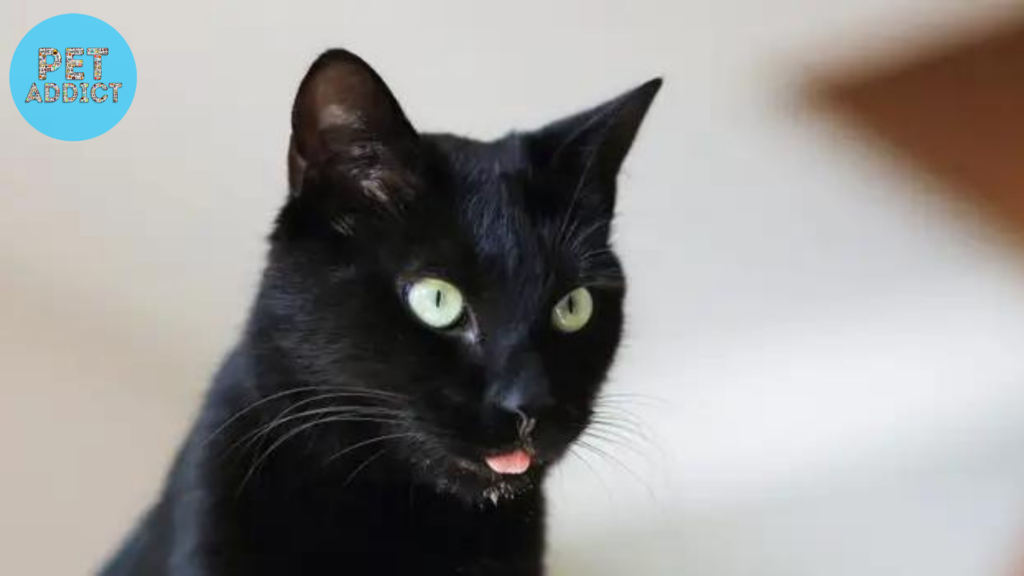
Cause: Dental problems are a common cause of drooling in cats. Issues such as gum disease, tooth decay, or oral infections can lead to discomfort and excessive salivation.
Symptoms: Look for signs of difficulty eating, pawing at the mouth, bad breath, and inflamed gums. You might also notice your cat avoiding hard or crunchy foods.
Nausea and Upset Stomach
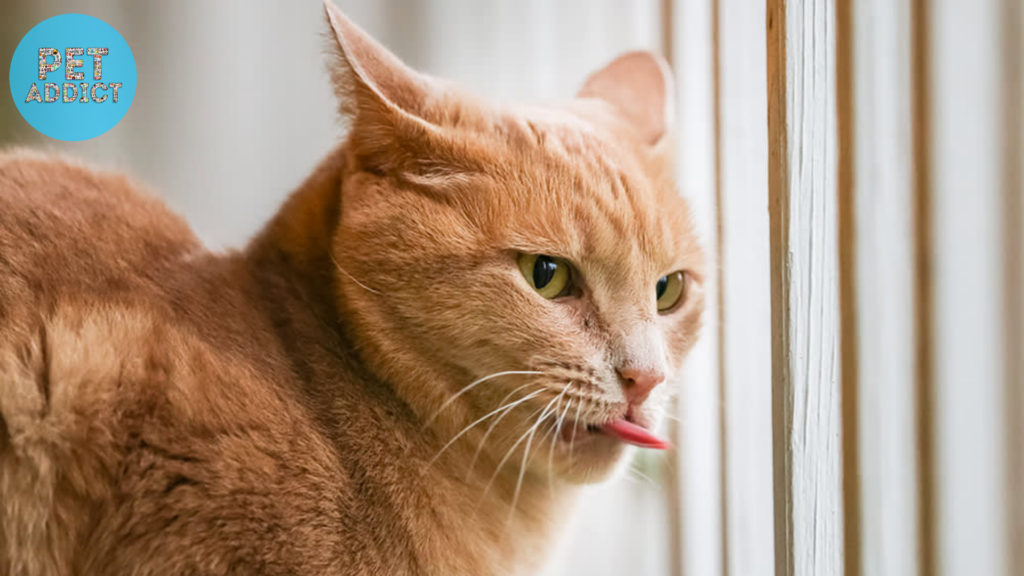
Cause: Cats can drool in response to nausea or an upset stomach. This might be triggered by ingesting something toxic, spoiled food, or a sudden change in diet.
Symptoms: Watch for vomiting, lethargy, changes in appetite, and other signs of gastrointestinal distress. If the drooling is accompanied by vomiting, it’s essential to consult a veterinarian.
Foreign Object Ingestion
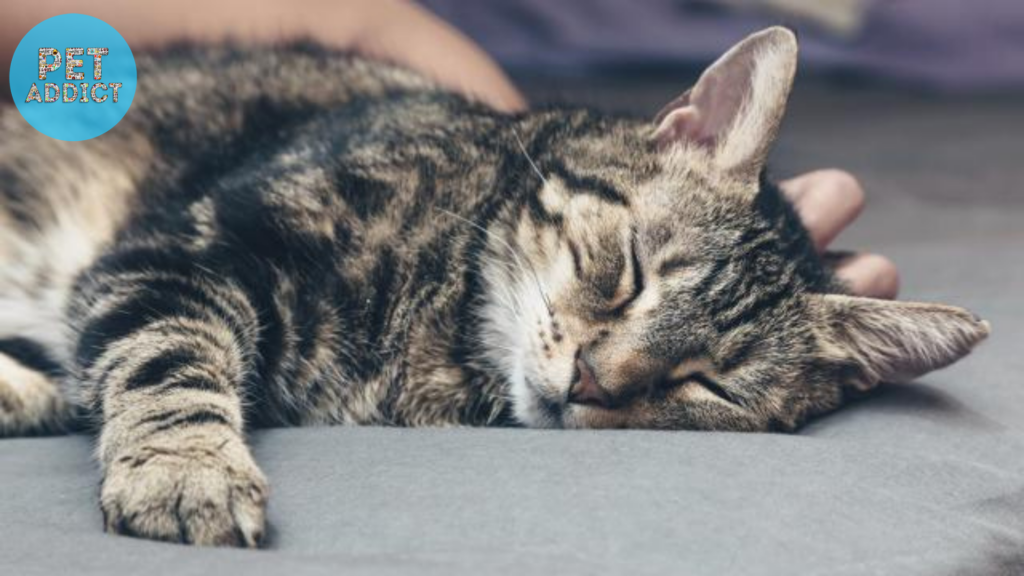
Cause: Cats are curious creatures and may occasionally ingest something they shouldn’t. This can lead to irritation in the mouth or throat, causing excessive drooling.
Symptoms: Keep an eye out for drooling, retching, coughing, and a decreased appetite. If you suspect your cat has ingested a foreign object, seek immediate veterinary care.
Oral Injuries
Cause: Injuries to the mouth, such as cuts, burns, or even a bee sting, can result in excessive drooling as the body’s natural response to pain and inflammation.
Symptoms: Observe any signs of trauma to the mouth, such as swelling, bleeding, or visible wounds. Cats may also paw at their mouth or face.
Heatstroke
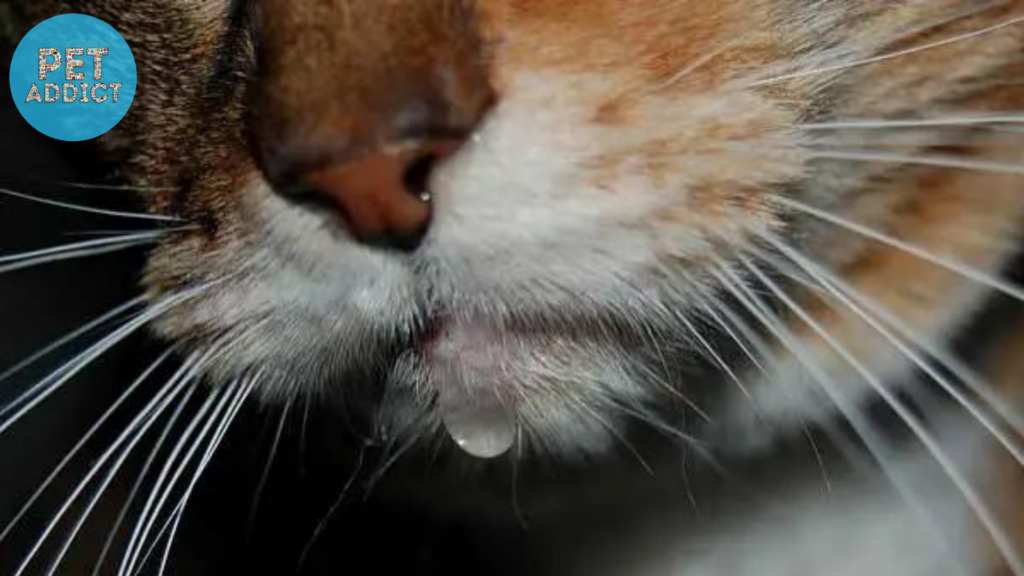
Cause: Cats can overheat, especially in hot weather. Heatstroke can lead to drooling as the body tries to cool down through increased salivation.
Symptoms: If your cat is panting, lethargic, or seeking cool surfaces, they might be experiencing heatstroke. This is a medical emergency that requires immediate attention.
Dental Treatments or Medications
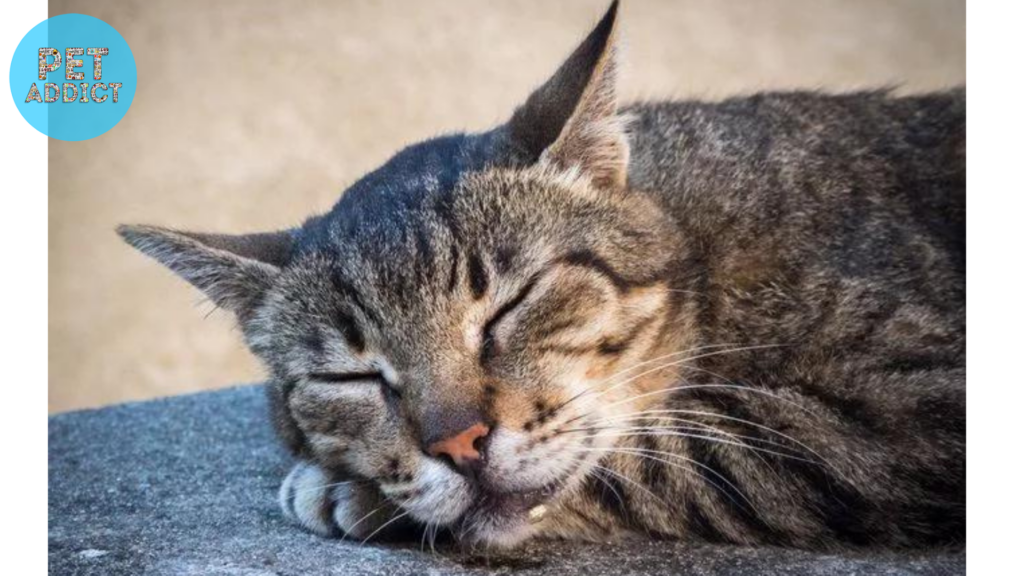
Cause: Some dental treatments or medications can cause temporary drooling as a side effect. Anesthesia used during dental procedures can also lead to increased salivation.
Symptoms: If your cat has recently undergone dental work or started new medications, monitor their behavior for any unusual drooling. It should subside as the effects wear off.
When to Consult a Veterinarian
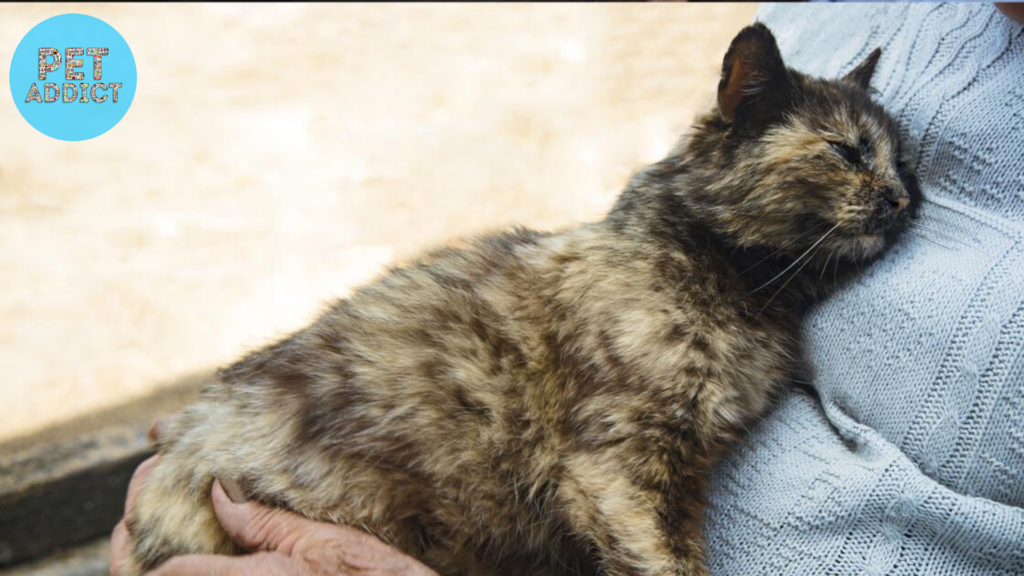
While occasional drooling is normal, persistent or excessive drooling is a sign that something might be wrong. If you notice any of the following, it’s recommended to consult a veterinarian:
- Sudden Increase in Drooling: If your cat’s drooling has significantly increased and is not associated with normal behavior like kneading or purring.
- Accompanied by Other Symptoms: If drooling is accompanied by vomiting, diarrhea, lethargy, or other abnormal behavior.
- Pain or Discomfort: If your cat seems to be in pain, pawing at the mouth, or avoiding eating.
- Foreign Object Ingestion: If you suspect your cat has ingested something foreign, like a string or small object.
- Heatstroke Symptoms: If your cat is showing signs of heatstroke, such as panting excessively and seeking cool surfaces.
Remember that cats are masters at hiding discomfort, so any change in behavior or routine should be taken seriously. Your veterinarian can help determine the underlying cause of the drooling and recommend appropriate treatment.
Conclusion: Taking Care of Your Feline Friend
Understanding the potential causes of your cat’s excessive drooling can help you take the necessary steps to ensure their health and well-being. Whether it’s addressing dental issues, monitoring their diet, or seeking veterinary care, your attentive care will help keep your beloved feline friend happy and comfortable.
FAQs About Cat Drooling
Q1: Is it normal for cats to drool occasionally? Yes, some drooling can be normal, especially if your cat is content and relaxed. However, excessive or sudden drooling should be investigated.
Q2: Can stress or anxiety cause drooling in cats? Yes, stress or anxiety can sometimes trigger excessive drooling in cats. If you suspect stress might be the cause, consult your veterinarian for guidance.
Q3: My cat is drooling after eating something bitter. Is this normal? Yes, drooling can be a reaction to ingesting something bitter or unpleasant. Monitor your cat and ensure they don’t ingest anything harmful.
Q4: Can dental treats help prevent dental issues and drooling? Dental treats designed to promote oral health can be beneficial. However, consult your veterinarian before introducing any new treats into your cat’s diet.
Q5: How can I keep my cat cool during hot weather to prevent heatstroke? Provide access to fresh water, ensure good ventilation, and create cool resting spots for your cat. Avoid leaving them in hot environments.
